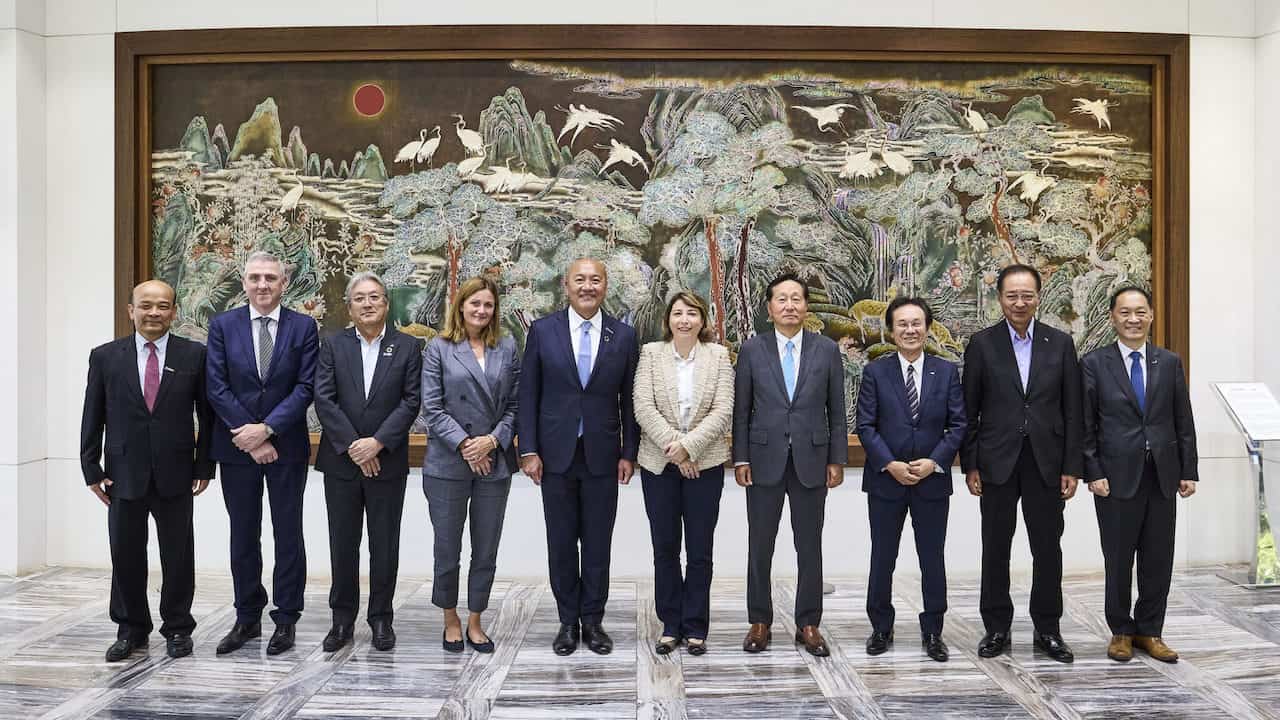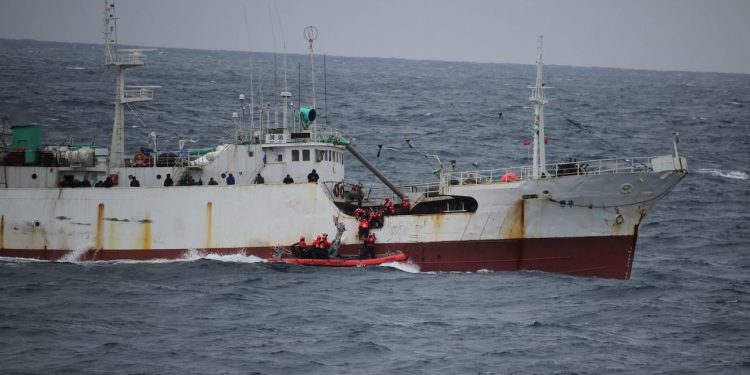Representing nine of the largest seafood producers in the world, SeaBOS has pledged to work towards the elimination of IUU fishing products and modern slavery across its membership’s supply chains – and has highlighted the problem of illegal fisheries affecting the Pacific.
‘From our meeting here at APEC House in Busan, we call on APEC 2023 to endorse the seafood sector’s 2023 call to action to combat IUU Fishing in the Pacific. In turn, and in the context of APEC prioritisation of public-private partnerships to achieve lasting food security across the Pacific region, we commit to using our best efforts to support and complement APEC efforts against IUU fishing and modern slavery through our own actions,’ a SeaBOS representative stated.

‘To deliver on those commitments we adhere to a code of conduct for our own operations and for our suppliers. We are also working towards full traceability and transparency throughout our supply chains.’
According to a statement, while elimination of IUU fishing across the Pacific region remains a priority for SeaBOS actions, it points out that ratification of the Port State Measures Agreement, improvement of RFMO regional Port State Measures, transparent fisheries data, standardised RFMO processes, and the adoption of measures on trans-shipment – all critical to the elimination of IUU catch from supply chains – are actions that only APEC Economies can implement.
‘IUU fishing and the landing of IUU catch in Pacific region ports present a significant threat to the economic viability and brand integrity of all companies across the seafood sector – including those operating in the Pacific region and those who sell Pacific seafood products around the world,’ SeaBOS states.
‘Yet while our companies work together to address IUU fishing in the seafood value chain, we recognise that private, voluntary action can only succeed if we are able to work with governments committed to implementing measures agreed to as Parties to the Port State Measures Agreement (PSMA), relevant RFMO Port State Measures, and FAO voluntary measures.’









